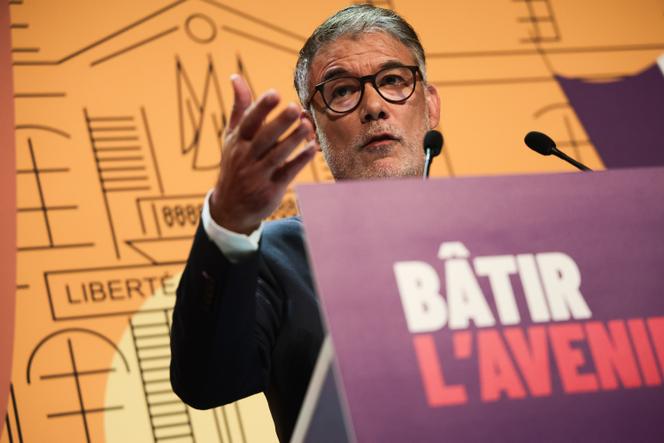

Even before the end of summer, a lifelong dream came to an end. Prime Minister François Bayrou realized he would not be able to win over the Socialists, that a no-confidence vote was looming at the end of the budget ordeal. The gamble he took by calling for a vote of confidence on Monday, September 8, was merely a way of choosing the time of his political execution, while appealing to the French public about the seriousness of the budgetary situation, rather than letting his opponents decide for him.
Many voices among his centrist bloc criticized the prime minister's "sin of pride." His determination to control everything, even at the risk of triggering a new chapter in the current political crisis, reflected the gap between the lofty view he holds of his own destiny and the current political situation: With a 19% popularity rating, not everyone can be Pierre Mendès France (prime minister in 1954-55).
Ever since Jacques Delors abandoned his presidential bid in 1995, Bayrou, head of the centrist MoDem party, has persistently sought to construct a broad centrist space by bringing together the liberal right, the center, and the reformist left, all without erasing their respective identities.
Despite the harsh criticism recently leveled at him from within Socialist ranks – notably for not having phoned Socialist leaders over the summer – an attempt to reach out to them had indeed been made through a so-called "conclave" on pensions. The fate of those negotiations was sealed on June 27 by the abrupt toughening of the employer representatives' position.

You have 75.49% of this article left to read. The rest is for subscribers only.
